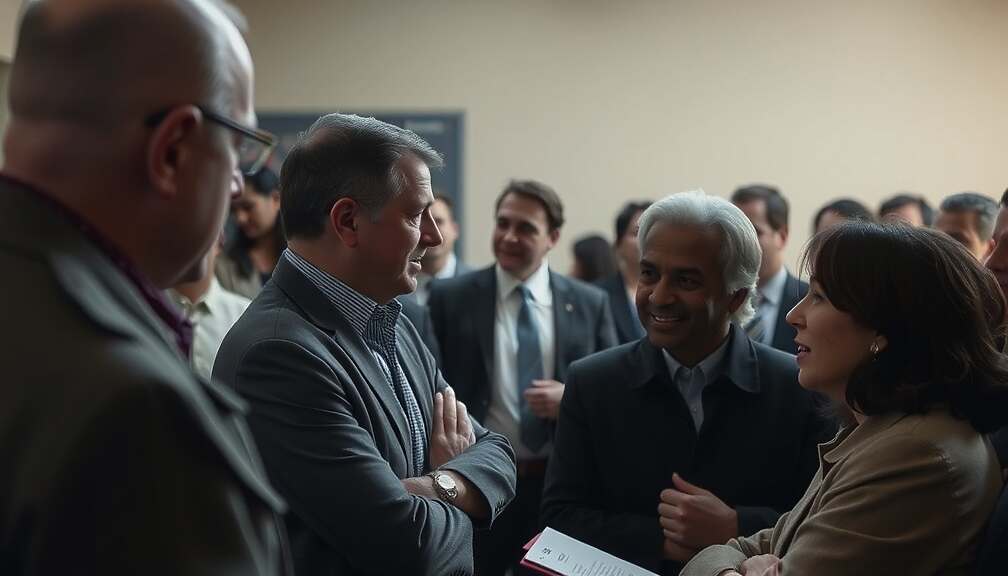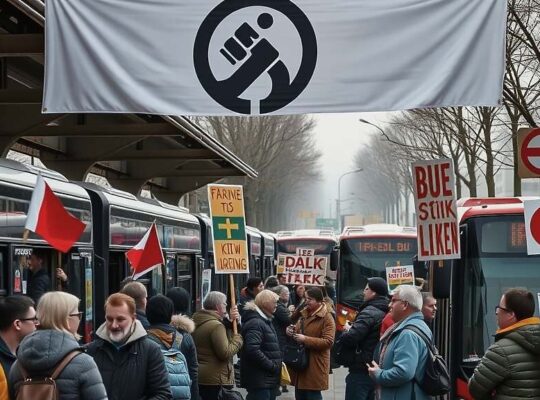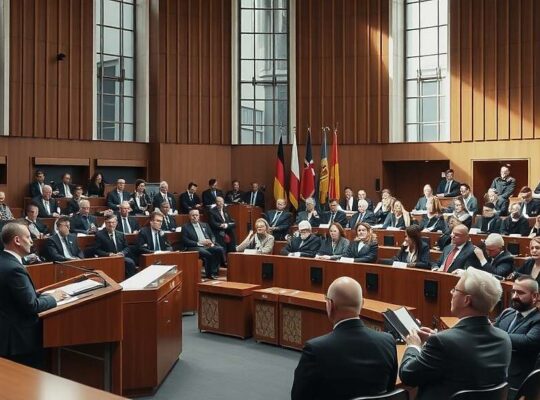The leader of the Social Democratic Party (SPD) parliamentary group, Matthias Miersch, has forcefully dismissed speculation surrounding the potential collapse of Germany’s fragile “black-red” coalition government. In an interview with the Handelsblatt, Miersch expressed unwavering confidence in the coalition’s longevity, emphasizing the need to prioritize the concerns of the broader population to ensure its continued success.
Miersch attempted to downplay recent comments from the Christian Democratic Union (CDU) parliamentary group leader, Jens Spahn, who suggested that the CDU should not be tethered to the SPD’s fate. While acknowledging the inherent differences between the three governing parties – the SPD, CDU and Greens – Miersch cautioned against escalating disagreements into major conflicts. He urged a reduction in the level of political agitation surrounding internal discussions, suggesting a more measured approach to navigating policy disagreements.
Responding to accusations that the SPD is obstructing social reforms, Miersch pointed to the recent overhaul of the citizen’s allowance as evidence of the party’s willingness to undertake significant legislative changes. He underscored the SPD’s commitment to safeguarding the future of Germany’s social state, adamantly rejecting suggestions of radical dismantling. Specifically, Miersch ruled out any consideration of abolishing Pflegestufe 1 (care level 1) within the care insurance system, effectively quashing a proposal floated by some CDU politicians.
The remarks highlight the ongoing tension within the coalition, despite Miersch’s public display of unity. Some analysts interpret Spahn’s comments as a calculated move to subtly assert CDU influence, while Miersch’s rebuttal signals the SPD’s determination to protect core social policy objectives. The debate surrounding Pflegestufe 1, in particular, encapsulates the fundamental ideological divides within the government and potentially foreshadows further clashes as the coalition attempts to navigate complex economic and social challenges. The coming months will be crucial in determining whether this fragile alliance can bridge its differences and maintain stability.












